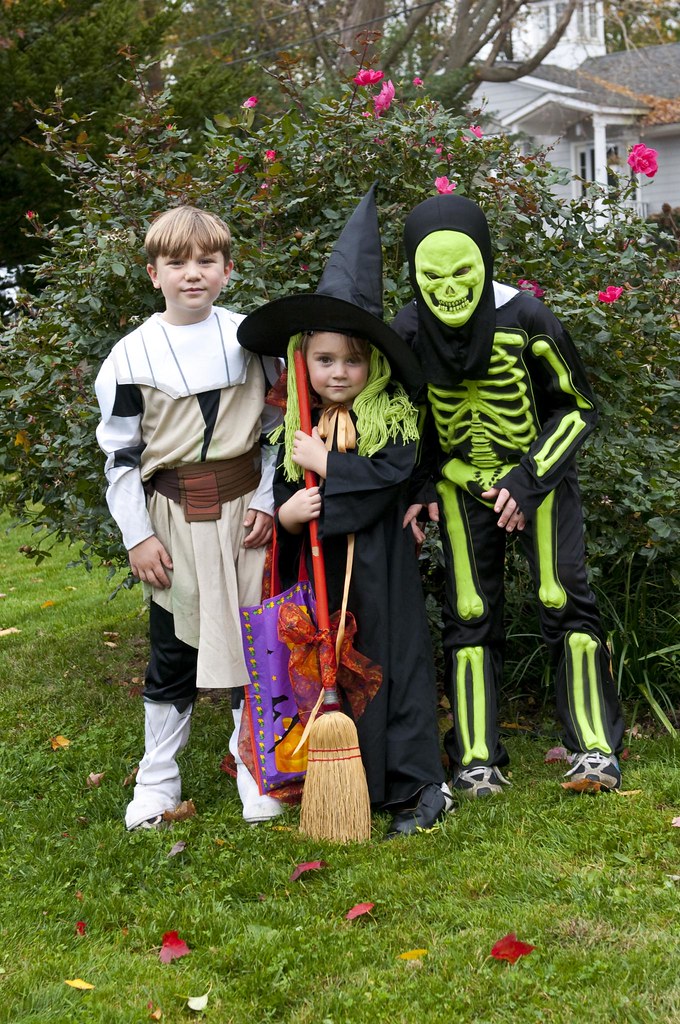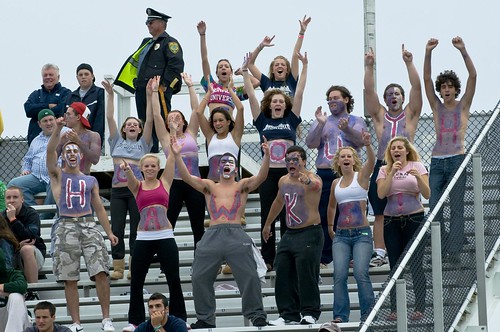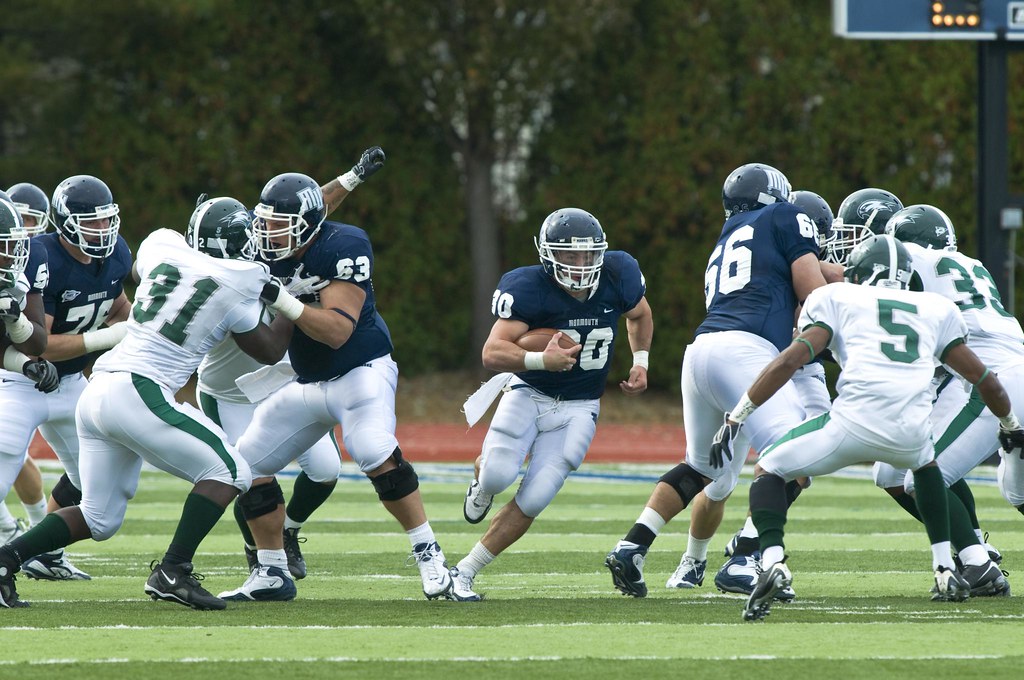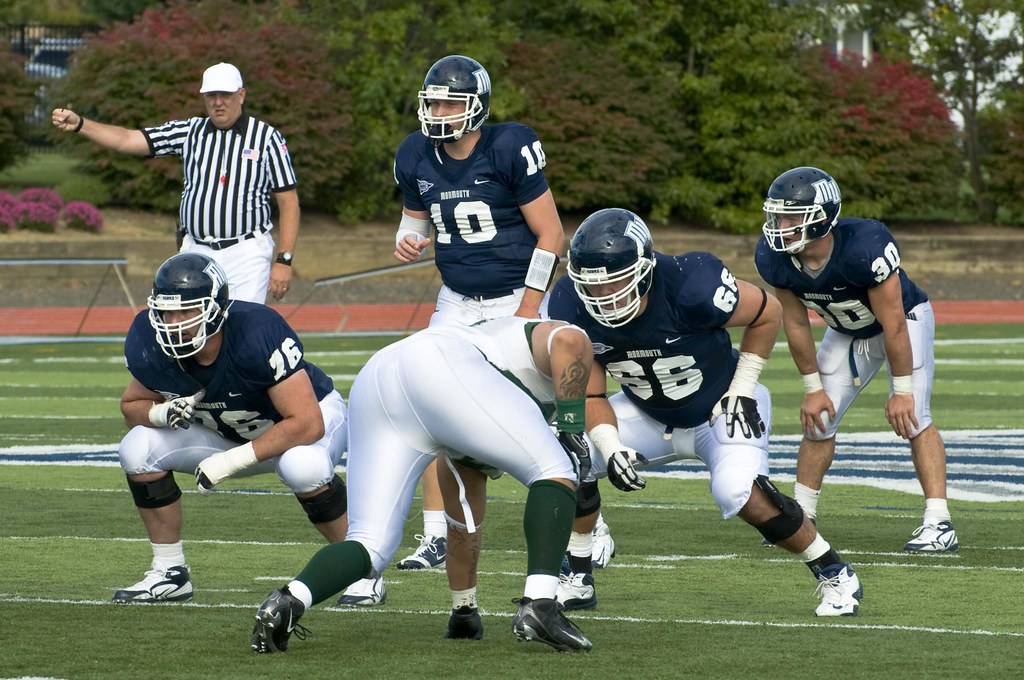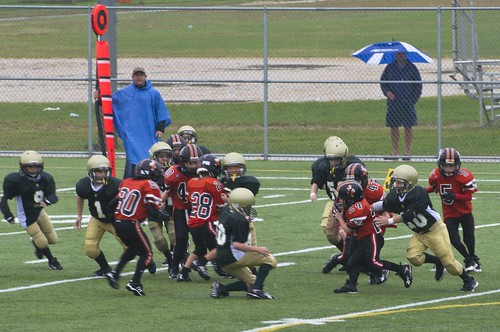about buying a camera. Some might be relevant and some not. If this
doesn't answer your questions please shoot me an email at
sposten@gmail.com and I'll be happy to answer anything I can and point
ya in as right a direction as best as I can. Sorry for the length, a
lot of it is consolidated from questions people have asked me
previously!
The bottom line is my stock answer for 99% of the people who ask me
what they should buy is "Go to Costco and get either the Nikon or
Canon kit they sell there for about $1000 or maybe a bit less. You
could also find good deals on similar official "kit" packages at B&H
and Amazon. Any place beyond that and you are on your own. Don't buy
any kits that aren't officially bundled together by the manufacturer,
they are usually made by slimy vendors who are trying to get you to
buy a bunch of low quality gear at high prices." That's not very
descriptive tho so for those who want more info about why I use what I
use, here it is.
---
First, people can spend months trying to find the perfect camera or a
really great bargain. There is no perfect camera and most bargains
aren't. DSLR cameras are expensive and generally they are worth it.
You wouldn't cheap out on a power tool, a car or other gear that is
functional, just because it's consumer electronics doesn't make it any
less important to buy a tool you can trust and that has very real
costs.
Also, buying the camera is only the first step. To get the most out
of a DSLR you need a computer to store the pictures on, memory cards,
maybe a printer and software to edit your pictures with. Plus a LOT
of learning. With a digicam you just press a button and you are done.
The power of a DSLR is in making it do what you want it to rather than
it guessing like a point and shoot does. If you use a DSLR like a
point and shoot you will waste a $1000 and not be any happier with the
pictures you take, and might even feel that the P&S took BETTER
pictures... And a number of my friends have bought DSLRs only to find
the size and weight very limiting, plus they can't give the camera to
a friend or spouse to shoot with very easily. You have to weight all
of that and decide if the pros of DSLR really outweigh the cons. I
personally can never go back to using a digicam especially cause of
what is known as the Shutter lag, that is you press the button and it
can take 2-3 seconds for the damn thing to take a picture, but YMMV.
Some of the newer digicams have eliminated a lot of that but you still
lose ALL of the flexibility of a DSLR.
For people new to DSLRs, the most important thing you can read is right here:
http://photography-on-the.net/forum/showthread.php?t=414088&highlight=newbie
I am heavily biased towards Canon and Nikon for DSLRs. I recently
reverted back to Nikon after using the Canon 20D for about 3 years.
Sony makes a new excellent set of DSLRs that can take some old
Konika/Minolta lenses. Pentax and Olympus make fine DSLRs too I'm
sure, just not for me. Sigma and Panasonic are making a DSLR
alternative called Micro 4/3rds that sounds really cool but I don't
own one, not yet anyway. If I were to buy one it would be the
Panasonic GH1 but it still costs $1500 so it's a no go, I can spend
that on a tool that works everyday but not for something I would use
as a 'toy' to learn with.
My main camera is a Nikon D300, it is built like a tank and it is my
work horse. It cost $1800 or so when they first came out, is down
under $1500 now, and has been officially replaced by the D300s model.
It is heavy and is not for everyone. But for me, the weight is not an
issue and when I'm ready for a new camera it will be in the D300
family or moving up to its big brother, the D3 or D4 if and when Nikon
officially announces that. Those cost ridiculous money so most
family/friends
would never consider something in that range. I mention this not to
flaunt how much I spend but to explain that the cameras that _I_
follow are in a smaller market than the consumer cameras like the D40,
D5000 and Canon XTI that they are considering. So my opinion is
biased against those in some ways.
I DO own a Nikon D5000 which I mostly love but it would never work for
me on a daily basis the way it would for most people just getting
started. The D5000 for me is the camera I leave in the car so I have
a DSLR with me at all times without risking leaving my precious D300
out there. If the D5000 got stolen I would be bummed. BUT if the
D300 and my good lenses got swiped I would be devastated. The D5000
has the exact same imaging sensor the D300 has, which is fantastic.
It shoots video, is light and has lots of features. But it is not very
weather resistant and it's too small for my chubby hands =) Most
beginners LOVE the low weight on it too, plus the LCD flips out so you
can angle it above and below your eyeline when using live view and
video, which is really nice.
-The Nikon D300 has incredible ergonomics and features, but it comes
at a weight and price cost. The LCD is huge and detailed, the Live
View
very functional (very helpful for moon shots and macros) the metering
is spot on and I find the colors more accurate. It does not shoot
video.
-It allowed me to use all my old Nikkor lenses
-The Nikon 18-200 lens is one of the best performers and best value
lenses ever made. It is NOT designed for low light shooting but even
in moderate light it is awesome. Canon's 18-200 is supposedly pretty
good but not the equal of the Nikon, tho I have never used theirs.
Really right now Nikon is eating Canon's lunch in most price
categories for the cameras themselves, after having been behind for 10
years. The D300, D3 and D700 are just amazing values and performers.
Lens wise it's a toss up. Nikon has the better 18-200, canon has
better primes, Nikon has more interesting F2.8 zooms, Canon has L
telephotos. Canon has a winner in the full frame arena, the $2500 5D
mark 2. This is out of the reach for most beginners. As is the Nikon
D700.
Most consumer level DSLR cameras are what are known as 'crop' bodies,
that is their imaging sensor is 2/3 the size of a 35mm frame. The
Full frame
D700 and Canon 5D mark 2 use the full extent of a 35mm lens, so an
image shot at 24mm looks the same on a film camera. On a crop body,
that 24mm
has about the same angle of view as a lens 1.6 x as large, so it comes
out to about 37mm. This is great on telephoto lenses, so a 200mm lens
comes out with a 310mm crop, but on the wide end of things something
shot at 18mm has about a 30mm angle of view. So getting 'real' wide
shots on these crop cameras can be tough. You learn to work around it
but it is something you have to be mindful of.
The best advice I can give people is to pick a price range they are
willing to spend for the body alone, go to best buy or circuit city
and hold the Nikon, Canon and, if they have any, competing brands in
your hands and see which one feels right. While I prefer the
ergonomics and features of Nikon cameras it really comes down to what
one works for you! Then go pick out the best lens you can afford to
go with it. The Nikon 18-200 is the best 'value' lens I have ever
used but it costs
$650. In my opinion it costs that much because it is worth it. And
while that is a crazy amount for most people getting started, it's a
third the price of the pro lenses I use and want more of =) You CAN
get decent lenses for less money but I do not have much experience
with them. Tamron, Sigma and Tokina all make SOME lenses that are
both excellent and total stinkers. Your best bet for seeing which is
which is at this link:
http://www.fredmiranda.com/reviews/
Any time my friends or family want to try out any of my cameras or
lenses just let me know and I'm happy to let you go play!
Some links I recommend for getting started, all of these have their
own biases but I trust them for the most part.
http://www.scottkelby.com/blog
http://www.dpreview.com
http://www.bythom.com
http://www.imaging-resource.com
http://terrywhite.com
http://photography-on-the.net/forum/
http://www.fredmiranda.com/forum/
http://nikonrumors.com
http://www.canonrumors.com
http://thepioneerwoman.com/
http://theonlinephotographer.typepad.com/the_online_photographer/blog_index.html
http://www.luminous-landscape.com/
To see everything new in the photographic world in one spot:
http://my.alltop.com/ScottKelby
The most compelling photographic journalism I've found is here:
http://lens.blogs.nytimes.com/
Deal finders:
http://www.hardforum.com/forumdisplay.php?f=28
http://forums.slickdeals.net/forumdisplay.php?sduid=0&f=9
http://www.techbargains.com/
Then:
http://www.pricegrabber.com to compare prices.
http://www.resellerratings.com to see if the guys you are buying from
are legit or shady crooks from Brooklyn.
Avoid the scammers and Brooklyn Crooks:
http://donwiss.com/pictures/brooklynstores/
***If something looks too good to be true, it probably is! Canon and
Nikon gear is expensive mostly because they are worth it!***
If you see info on Nikon stuff by a guy named Ken Rockwell understand
that he has some interesting things to say but on a lot of things he's
a real idiot, and he often says controversial things just to get a ton
of traffic on his page. Take anything he has to say with a grain of
salt.
http://www.kenrockwell.com
Don't forget you are going to need a system for getting your pictures
to your computer, editing them, displaying them and printing them!
Personally I use adobe lightroom, post my pictures on Flickr, and get
prints made at Costco. Costco rocks! Most beginners will be stumped
by this whole process. I recommend they start on an Apple iMac and
use iPhoto to get going the fastest and with the best results. If you
don't have a Mac and don't intend to get one, Photoshop elements may
be a good alternative but I don't have any experience there to share
with you.
Sam / Trey
















